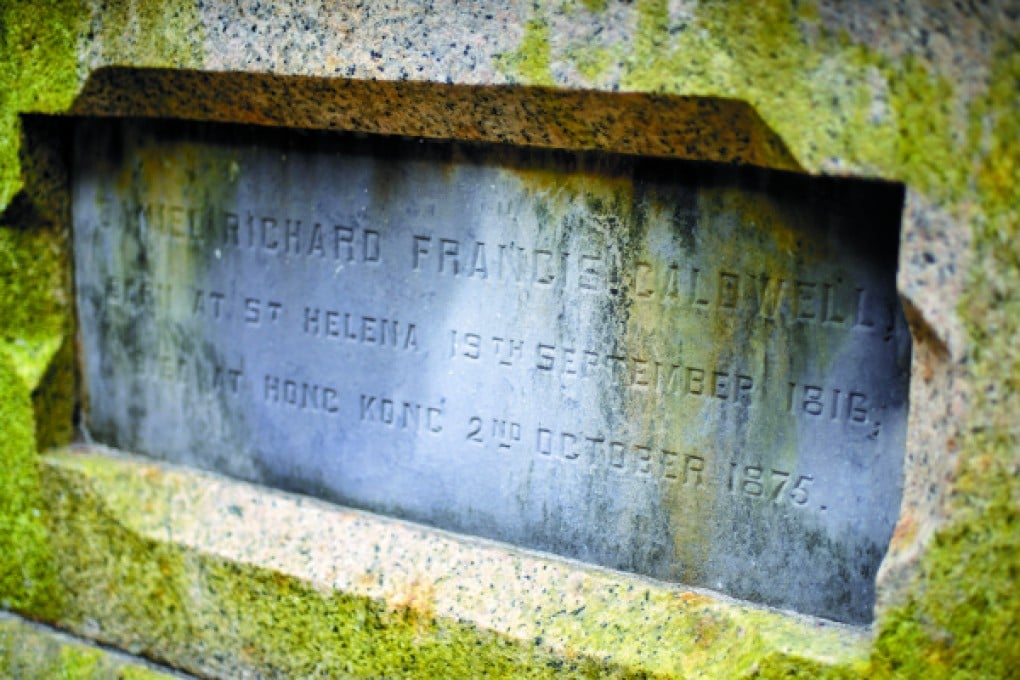Flagrant harbour: the sordid affair that cemented Hong Kong's reputation for vice and corruption
The sordid yet titillating Caldwell Affair helped to cement Hong Kong's reputation in the 1850s as a hotbed of vice and corruption. Stuart Heaver attempts to separate fact from fiction

"Nowadays, Hong Kong enjoys international acclaim as a society with a probity culture," Independent Commission Against Corruption commissioner Simon Peh Yun-lu told a press briefing in the run-up to this month's 40th anniversary of the graft-fighting body. But that, of course, has not always been the case.
In its days as a newly acquired British colony, Hong Kong had a well-founded and acutely embarrassing reputation for high-profile corruption. These were the colourful days when Hongkongers were far too busy feathering their own nests in the opium and coolie trades to bother about being paragons of virtue, a situation that was similar in some ways to that now being addressed by mainland authorities in their national crackdown on the "three vices", which include prostitution and drugs.

Live the history of Hong Kong, how it grew from colonial opium trading outpost to global finance mecca
Talented intermediaries such as Caldwell, with unconventional backgrounds and sound linguistic skills, were essential to the administration in dealing with the local Chinese, because old-school colonial officials such as his boss, Charles May, the colony' s first captain superintendent of police, were ignorant of local dialects and largely dismissive of the indigenous culture.
"May … not only knew nothing of the language but could never recognise the face of a Chinaman unless he had seen it at least some four or five times," Caldwell would write, in defence of himself.